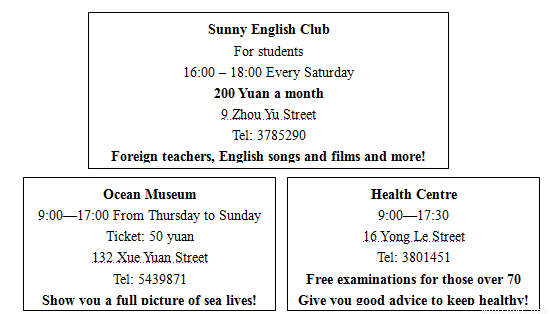0 133795 133803 133809 133813 133819 133821 133825 133831 133833 133839 133845 133849 133851 133855 133861 133863 133869 133873 133875 133879 133881 133885 133887 133889 133890 133891 133893 133894 133895 133897 133899 133903 133905 133909 133911 133915 133921 133923 133929 133933 133935 133939 133945 133951 133953 133959 133963 133965 133971 133975 133981 133989 151629
